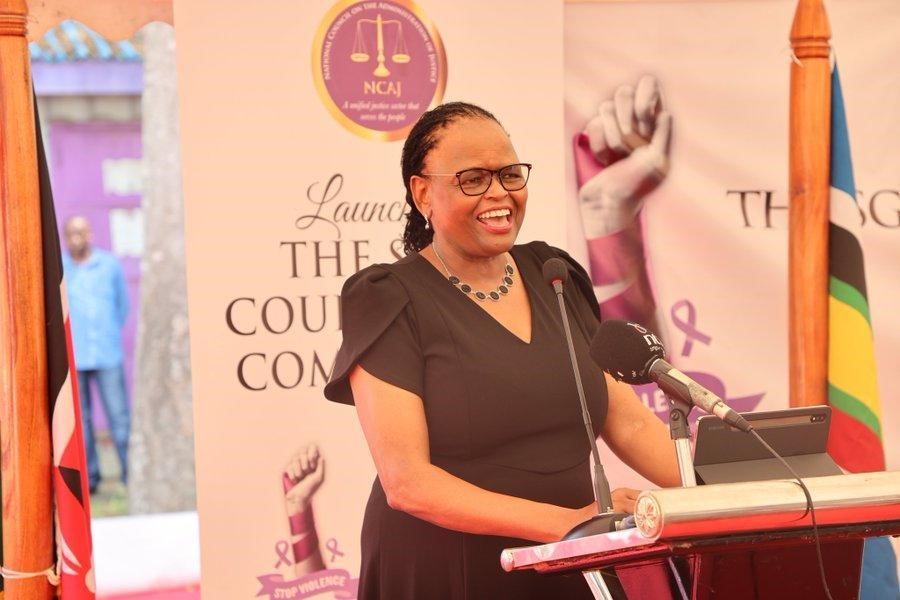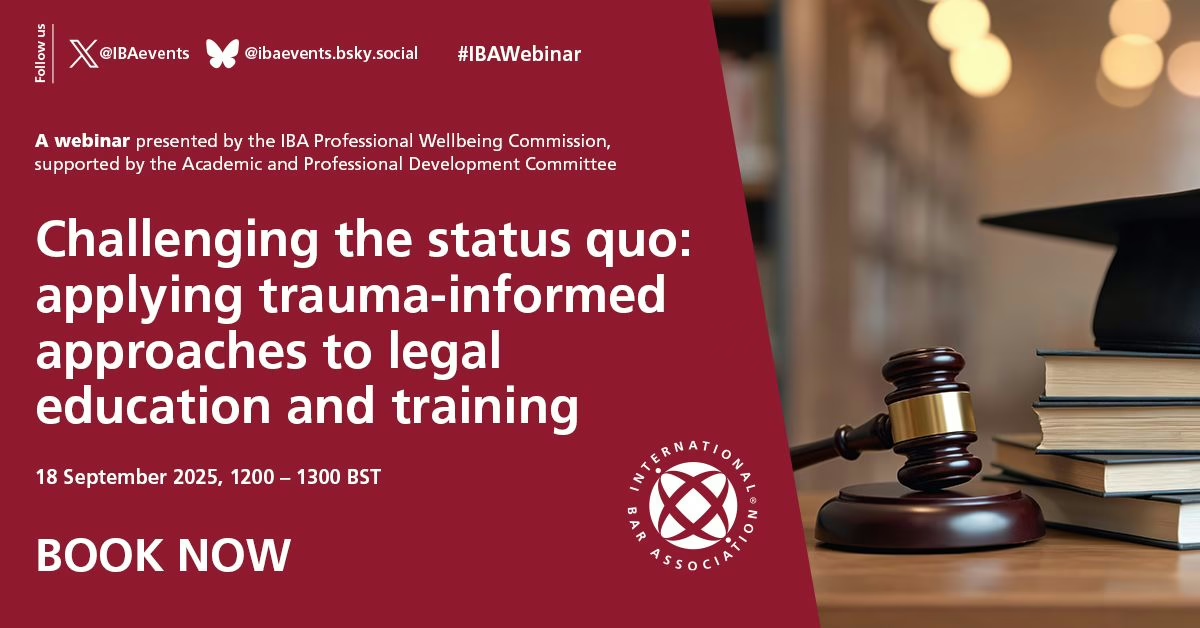The National Sexual and Gender Based Violence (SGBV) Court Users Committee (CUC) has been unveiled at the Shanzu Law Courts.
This is in line with the 16 days against GBV, marked annually between November 25th to Dec 10th. This year’s theme is “UNITE! Activism to end violence against women and girls”
According to the WHO, one in three women is at risk of SGBV in Kenya, while 18 percent of young boys are at risk. In a large part, this is because of the impunity of perpetrators heightened by a history of a low number of successful prosecutions.
The SGBV Courts and the bespoke CUCs are the justice sector’s response to this unacceptable state of affairs and, if well implemented, it will certainly lead to enhanced access to justice for the victims and survivors of SGBV.
Court Users Committees are set up as a platform to bring together stakeholders by the National Council on the Administration of Justice (NCAJ) at the local court and community level.
The establishment of the CUC is intended to reinforce the effectiveness of the SGBV Court, which is crucial given the unique nature of Sexual and Gender Based Violence.
Chief Justice Martha Koome has urged the CUC to support public education activities in the region to ensure more victims and survivors of SGBV, mainly women and the vulnerable in the counties of Mombasa, Kwale, Kilifi, Tana River, Lamu and Taita Taveta access justice promptly.
According to Justice Agnes Murgor, the court at Shanzu is the first SGBV court to be established in Kenya, with the judiciary looking forward to the establishment of other SGBV courts around the country in the near future.
“We urge victims, the community & players in the criminal justice system to readily & speedily avail evidence & victims of SGBV to police & courts whenever called upon. This will increase chances of delivering justice to victims.” Jostine Machuma AIG, Director Gender Affairs, NPS.
On her part, Justice Njoki Ndung’u lauded the move to have the court dealing with these offences established, since 2008 when the Sexual Offences Act was enacted.
According to Equality Now, in line with the government’s commitment to end Gender-Based Violence (GBV) including sexual violence by 2026, by undertaking 12 bold commitments that would remove the systemic barriers that allow GBV to thrive.
The Government of Kenya committed to track duty-bearers accountability on enforcement and implementation of GBV laws and policies by this year, investing USD 23 million for GBV prevention and response, ratify and implement the ILO Convention 190 on eliminating Gender-Based Violence and Harassment in the world of work by 2026 among others.
Equality Now says that these violations were worsened by humanitarian crises such as the COVID-19 pandemic and crises related to electoral periods.
The organization wants each of the 12 commitments linked to a state department or organization for action planning and budgeting. It also says that full implementation will require that they are embedded in county planning documents.
Equality Now also wants the government to roll out the “Komesha Dhulma” campaign in all the 47 counties as part of these interventions.



















